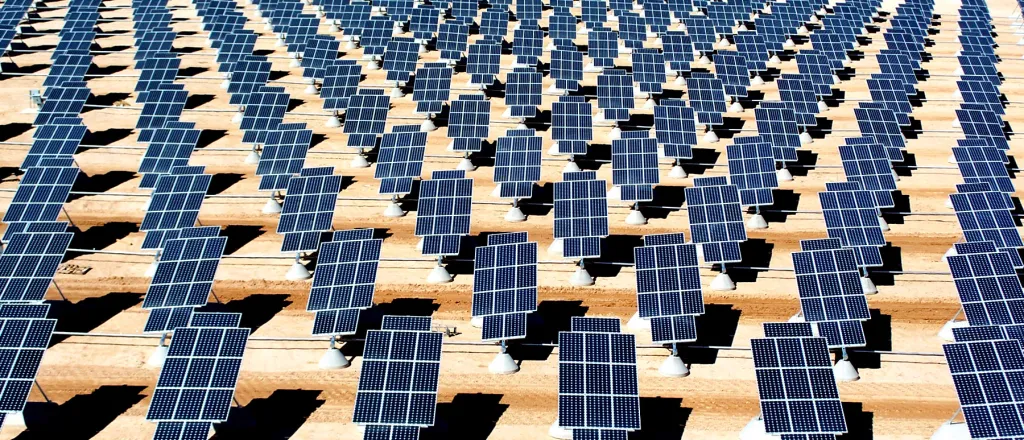
Colorado gets $156M from Inflation Reduction Act for 'Solar for All'
Click play to listen to this article.
(Colorado News Connection) Colorado is calling on solar energy entrepreneurs to put $156 million in Inflation Reduction Act funding to work accelerating rooftop and community-based solar installations, improving air quality, lowering energy bills and increasing energy independence.
Heidi Leathwood, climate policy analyst for the climate justice nonprofit 350 Colorado, said families living in apartments or those who cannot afford upfront expenses can connect to solar arrays built on top of parking lots and open spaces in other ways.

© iStock
"If you're not able to put solar on your own rooftop, the community solar program will create large-scale solar gardens that you will be able to hook up to," Leathwood explained.
Solar garden subscribers can get significant discounts on their monthly electric bill. Developers creating the garden make money by selling energy to local utilities. Low-income residents can subscribe for free or at a steep discount. Firms interested in becoming a Solar for All program partner can connect through the Colorado Energy Office's website.
The program also offers low-interest loans and other incentives for income-qualified single and multifamily homes to install solar. Leathwood added the program could fuel lots of new, good-paying jobs.
"To do the solar installation, to help with building the distribution and the transmission, and maintaining these facilities, maintaining the solar panels," Leathwood outlined.
The $156 million should be in Colorado coffers by October. Leathwood pointed out if fully implemented, the program could help more residents contribute to meeting Colorado's goals of producing 100 percent clean energy by 2040.
"Solar and wind energy are the cheapest way in the long run to reduce greenhouse-gas emissions," Leathwood stressed. "But if businesses, individuals and local governments don't work together to make sure all of that money gets spent, then it won't have the impact that it could have."
















